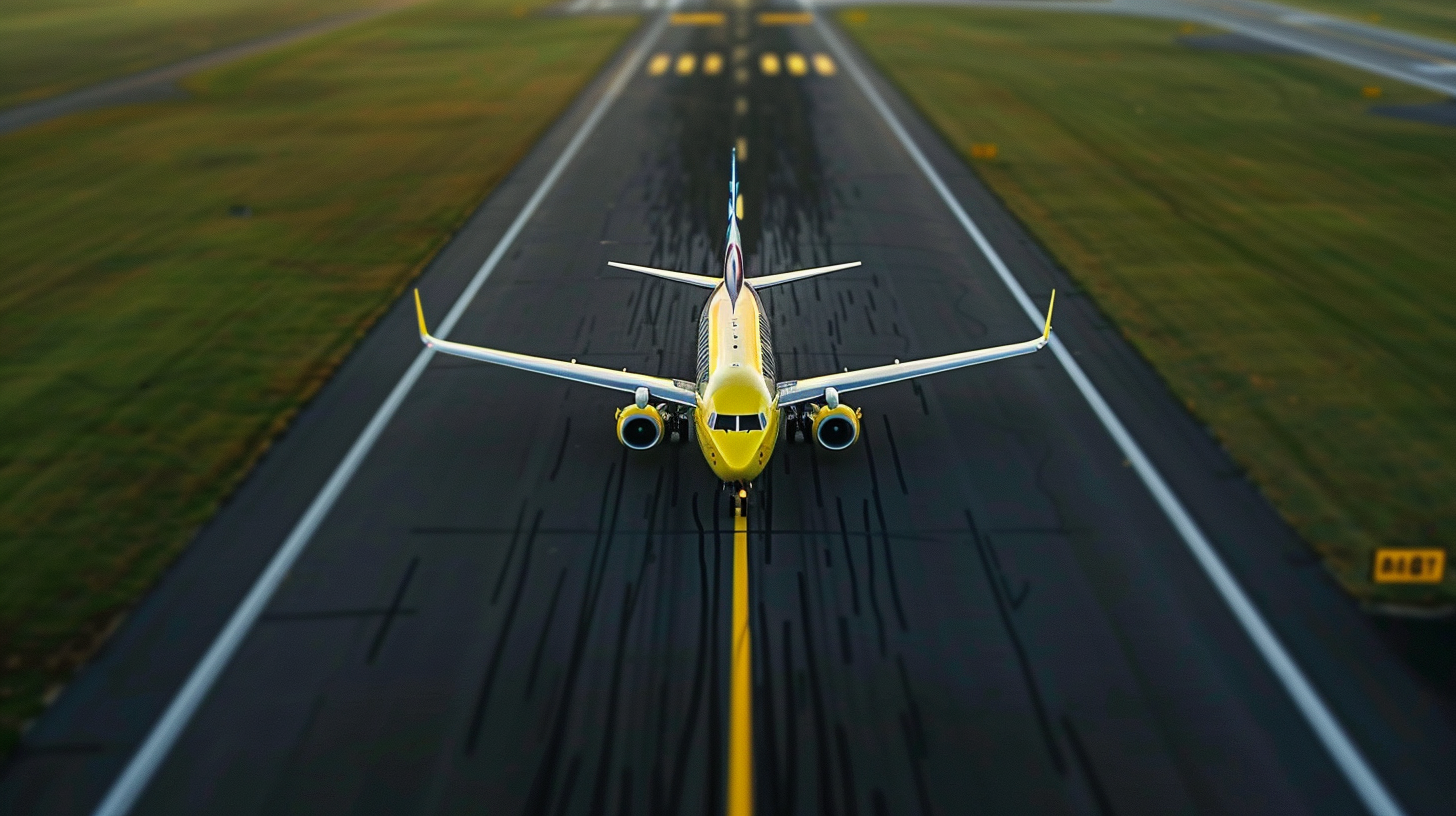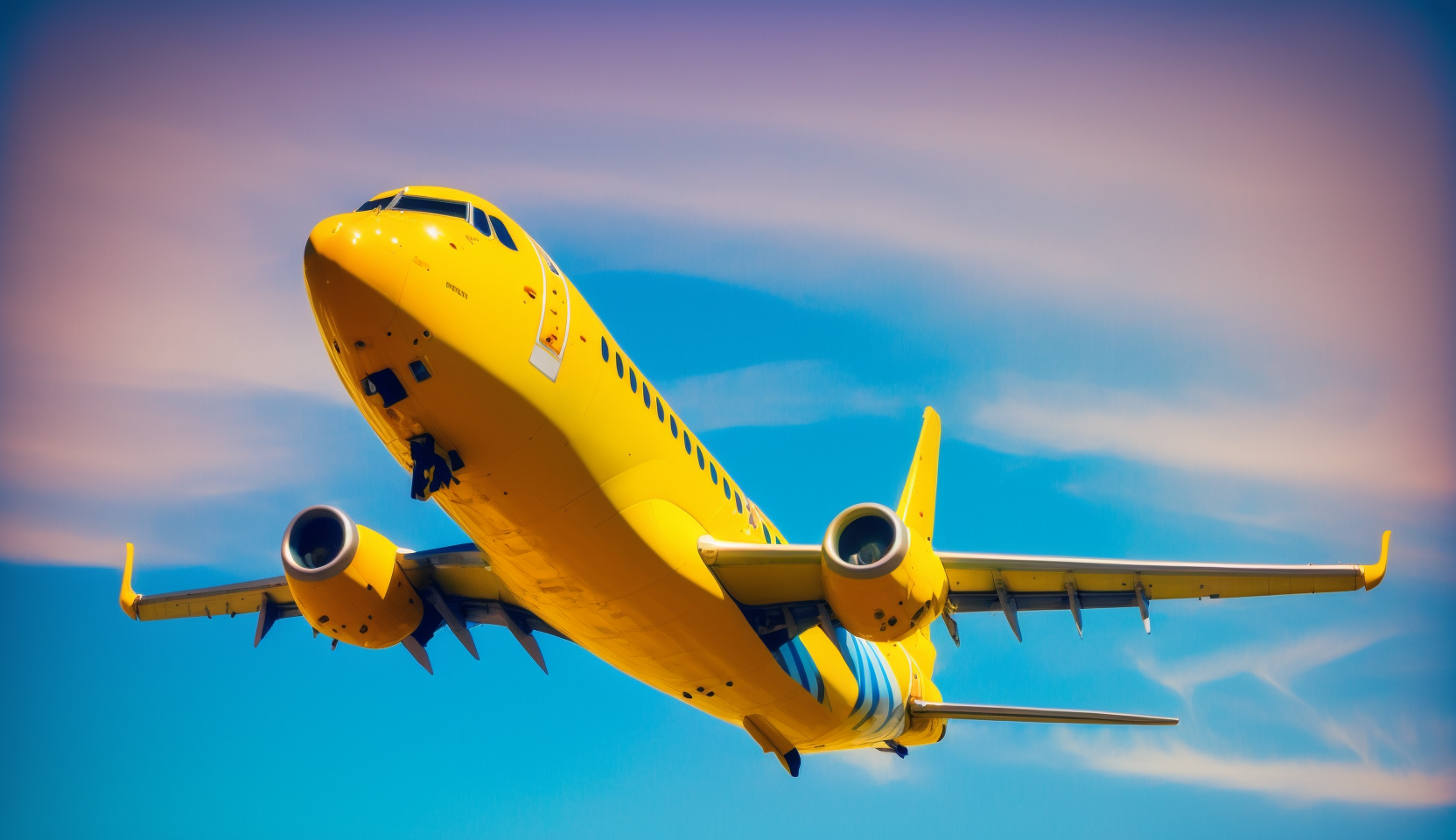| Key Points – Spirit Airlines files for Chapter 11 bankruptcy to restructure its finances and address operational challenges. – Failed merger attempts, engine recalls, and mounting debt contributed to the filing. – The airline continues operations while restructuring and exploring recovery options. |
Spirit Airlines, once a leader in budget air travel, has filed for Chapter 11 bankruptcy as it faces growing financial difficulties, operational hurdles, and a rapidly changing airline industry. The move marks a significant moment for the carrier, which revolutionized low-cost flying by offering ultra-cheap fares and charging for additional services.
The Florida-based airline plans to continue operations during its restructuring. Spirit’s CEO, Ted Christie, assured customers that flights, bookings, and loyalty points remain unaffected. “The most important thing to know is that you can continue to book and fly now and in the future,” Christie stated in a letter to passengers.
Spirit’s filing follows a series of compounding issues. The airline struggled to recover from a blocked $3.8 billion acquisition by JetBlue Airways earlier this year after a federal judge ruled the merger would reduce competition and drive up fares. Additionally, a recall of Pratt & Whitney engines grounded dozens of planes, exacerbating operational constraints.
To stabilize its finances, Spirit negotiated a deal with bondholders, securing $300 million in debtor-in-possession financing and agreeing to restructure $1.1 billion in debt due next year. However, the airline’s financial troubles run deep, with its stock falling more than 90% this year and losses exceeding $335 million in the first half of 2024.
Spirit’s unique business model, which prioritized low fares with fees for extras like seat selection and cabin baggage, once made it a favorite for cost-conscious travelers. Yet rising competition, shifting consumer preferences, and a surge in operating costs have taken a toll. The airline’s revenues have declined as fares fell in an oversaturated domestic market. Additionally, its attempts to attract premium travelers by introducing bundled fares and larger seats were not enough to offset financial pressures.
The airline has taken steps to generate cash by selling aircraft and reducing its fleet. Recent sales of Airbus jets generated $519 million in liquidity. However, analysts predict Spirit will need to scale back further as it restructures under bankruptcy protection. This includes potential reductions in routes and furloughs, with hundreds of pilots already impacted this year.
Despite these challenges, Spirit’s impact on the airline industry remains undeniable. Its low-cost strategy spurred competition from larger carriers, forcing them to offer basic economy fares and rethink pricing models. While Spirit now faces an uncertain future, its legacy as a disruptor in the airline industry is secure.
Looking ahead, industry analysts speculate that Spirit may revisit merger discussions with budget carrier Frontier Airlines, a deal abandoned in favor of JetBlue’s offer in 2022. Frontier and Spirit could create a strong combined competitor in the low-cost segment, potentially helping Spirit recover from its financial turmoil.
As Spirit navigates bankruptcy, its loyal passengers and the broader industry will watch closely to see if the budget airline can find a path to recovery while maintaining its commitment to affordable air travel.


